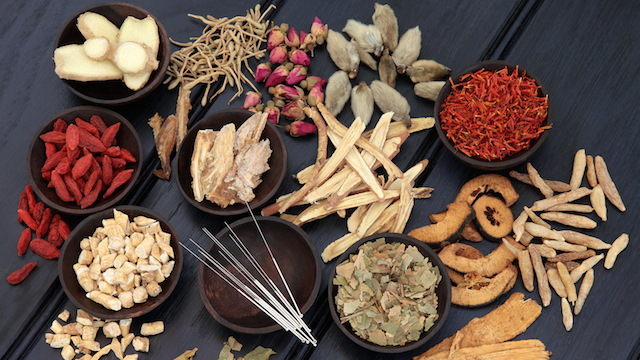Restrictions on Chinese herbs containing berberine are being lifted, allowing them to be imported and sold in Singapore from April 1.
This finalises a phased approach by the Health Sciences Authority (HSA), which in January allowed the local sale and use of Chinese proprietary medicines (CPM) containing berberine while maintaining the ban on such herbs from China.
Berberine is an alkaloid present naturally in some herbs used in traditional Chinese medicine (TCM) for their “heat-clearing” and “dampness-drying” properties. Under the Poisons Act, berberine was banned in 1978 following concerns that it could cause severe jaundice and brain damage in some babies.
Since the lifting of the restriction on local products in January, more than 140 CPM have been listed with HSA, which has not as yet received any adverse reports. In consultation with advisory committees as well as the Ministry of Health, HSA assessed there were no major safety concerns with Chinese herbs containing berberine when used appropriately.
With the prohibition on Chinese herbs lifted, HSA will send advisories to the TCM industry on relevant safety information, and warn against the use of berberine for infants, G6PD-deficient individuals of all ages, pregnant and breastfeeding women. G6PD deficiency is a genetic disorder in which red blood cells may break down, leading to anaemia.
Chinese herbs for traditional medicinal uses are not subject to pre-market approval and licensing. Dealers (including importers, wholesalers, distributors, repackers and retailers) are responsible for the safety and quality of their herbs.







